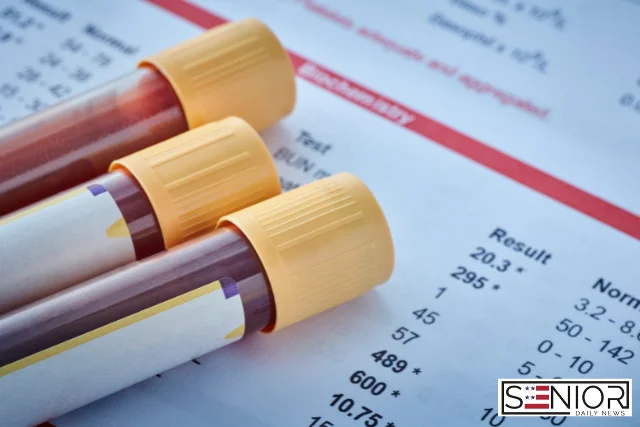When Should You Take Social Security Benefits?

Deciding when to start collecting Social Security benefits is a critical financial choice that can impact your retirement income for decades. While you can begin receiving benefits as early as age 62, waiting until full retirement age (FRA) or even delaying until age 70 can significantly increase your monthly payouts. Understanding the factors that influence this decision will help you maximize your benefits based on your unique financial situation.
Understanding Full Retirement Age (FRA)
Your Full Retirement Age (FRA) is determined by your birth year and marks the age at which you can collect full Social Security benefits without reductions. Here’s a quick look at FRA based on birth year:
| Birth Year | Full Retirement Age |
|---|---|
| 1943-1954 | 66 years |
| 1955 | 66 years, 2 months |
| 1956 | 66 years, 4 months |
| 1957 | 66 years, 6 months |
| 1958 | 66 years, 8 months |
| 1959 | 66 years, 10 months |
| 1960 & later | 67 years |
Taking benefits before your FRA will reduce your monthly payments, while delaying beyond FRA can increase them significantly.
Claiming Social Security at 62: Pros and Cons
At 62, you are eligible to start receiving benefits, but there’s a trade-off:
✅ Pros:
- Immediate access to benefits
- Useful if you have health concerns or a shorter life expectancy
- Can help cover expenses if you’re unable to work
❌ Cons:
- Monthly benefits are reduced by about 25-30% compared to claiming at FRA
- Potentially lower lifetime benefits if you live a long life
- Limits on earnings if you continue to work before FRA (2025 earnings limit is $22,320, above which $1 is deducted for every $2 earned)
Claiming Social Security at Full Retirement Age (FRA)
Waiting until FRA ensures that you receive 100% of your earned benefits.
✅ Pros:
- No reduction in benefits
- No penalties for working while receiving benefits
- Full spousal and survivor benefits
❌ Cons:
- You forgo years of benefits you could have received earlier
- If you have health concerns or financial struggles, waiting may not be ideal
Delaying Benefits Until Age 70: The Advantages
For every year you delay taking Social Security past FRA (up to age 70), your benefits increase by 8% per year due to delayed retirement credits.
✅ Pros:
- Maximum monthly benefit (32% more than FRA benefits)
- Higher survivor benefits for a spouse
- Best option for those with good health and longevity
❌ Cons:
- Delayed access to funds
- Requires financial resources to cover expenses in early retirement
Key Factors to Consider Before Deciding
- Your Health & Life Expectancy – If you have a family history of longevity and good health, delaying benefits can maximize your lifetime earnings. Conversely, if you have health concerns, starting earlier may be better.
- Your Financial Needs – If you need income immediately, claiming at 62 might be necessary. If you have savings or other income sources, delaying can be more beneficial.
- Employment Status – If you’re still working and claim early, Social Security benefits may be reduced. Waiting until FRA allows you to earn as much as you want without penalties.
- Spousal & Survivor Benefits – If you’re married, consider how your decision impacts your spouse. A higher-earning spouse delaying benefits can boost survivor benefits for the lower-earning spouse.
- Break-Even Analysis – Generally, the break-even point for delaying Social Security until 70 (versus taking it early) is around age 80-82. If you live beyond that, delaying will have provided the highest lifetime payout.
Bottom Line: When Should You Take Social Security?
The best time to take Social Security depends on your personal situation. If you need income early or have health concerns, claiming at 62 may be right for you. If you can wait and want to maximize benefits, delaying until 70 can provide a significant financial boost.
A good strategy is to assess your health, financial stability, work plans, and family situation before making a decision. Consulting a financial planner or using the Social Security Administration’s calculator can also help you determine the best age to claim benefits based on your specific circumstances.
Image Source: Canva






